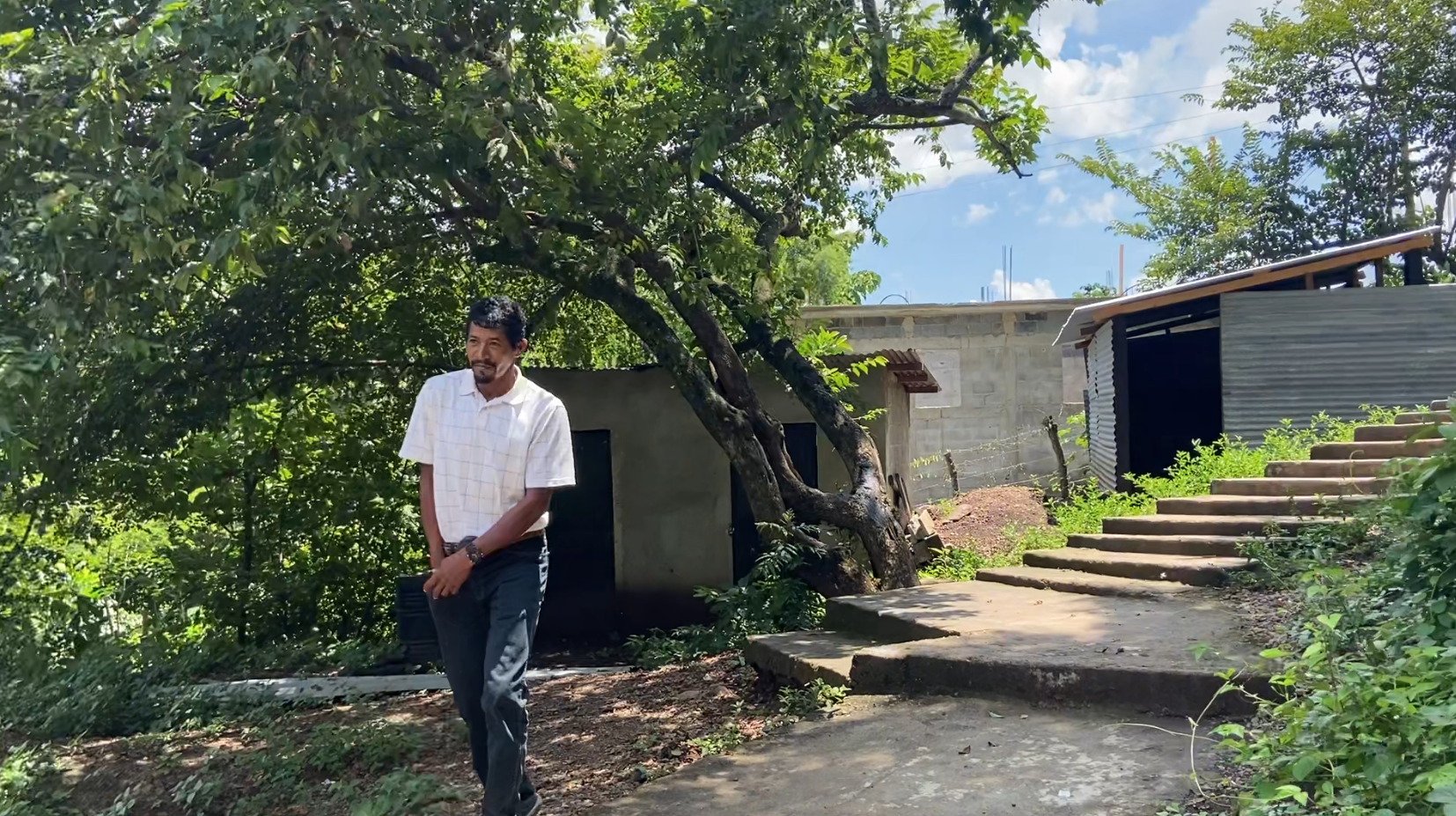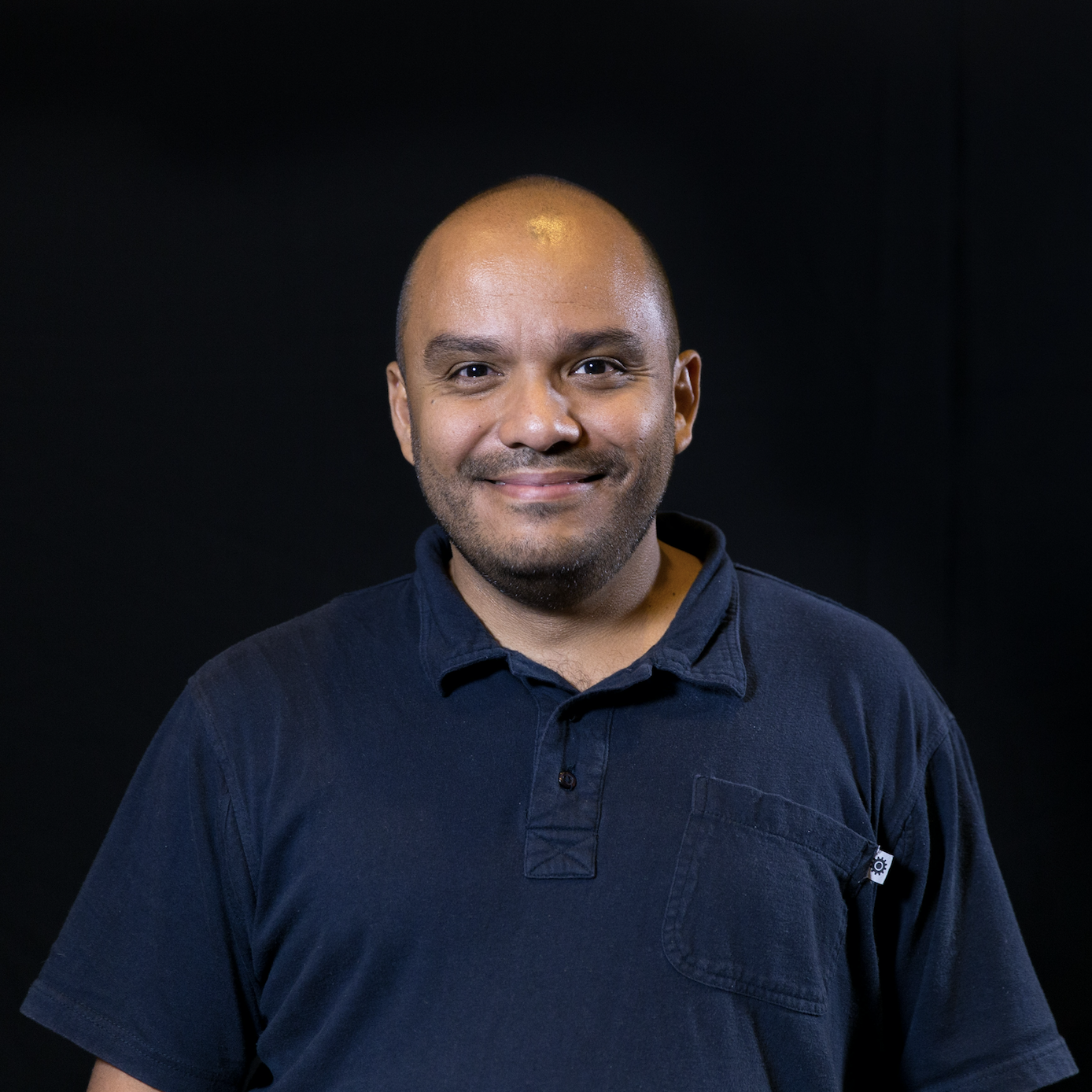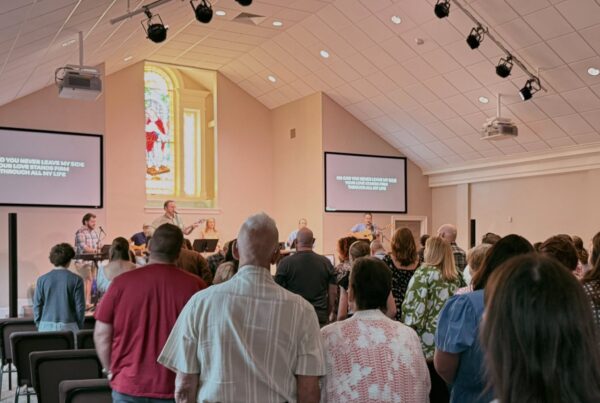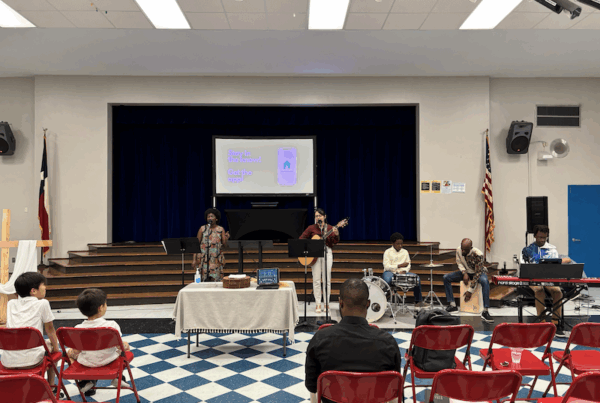I’ve been an Acts 29 assessment coordinator in Latin America for almost 7 years. In these years, I’ve participated in the robust evaluation of many pastors. The process has three parts; written work completed online, an assessment conference, and a post-evaluation stage where you work through feedback alongside a coach. In my experience of walking with men through this process, it is easy to differentiate between those who have been mentored in discipleship and those who have functioned as lone rangers in the faith.
The assessment process is meant to be rigorous. It challenges applicants to think deeply about their ministry and mission. But in rural places, the challenge often begins before they even start answering questions. This is why long-term discipleship is essential to church planting—many come from diverse backgrounds and experiences, and the guidance of a godly mentor makes all the difference.
Here’s the story of a church planter and his family who invested in discipleship for the long haul in a rural area of Guatemala.
Meet People Where They Are
Mitch Muñoz and his wife, Amanda, arrived in Guatemala nine years ago and planted a church in a remote mountaintop village called Los Chilitos. In Los Chilitos, a high percentage of people are without any formal education. Boys, in particular, are taken out of school to work and help provide for their families. Many live with no running water, limited access to electricity, and travel over dirt roads.
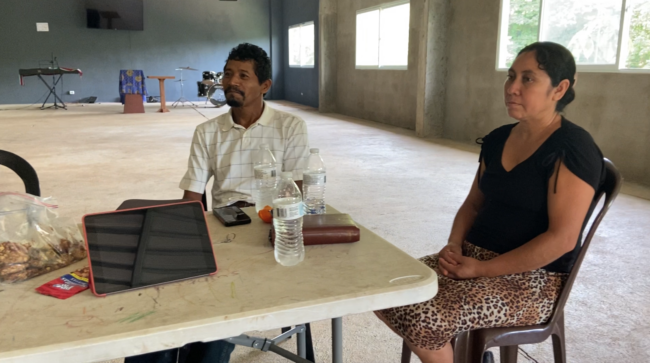 Mitch began discipling Cayetano shortly after he professed faith in Jesus. Cayetano is 46 years old, a husband and father of five who only completed school through the first grade. Mitch spent years faithfully teaching and discipling him, and Cayetano recently completed the evaluation process to become an elder. Mitch walked alongside him through every step.
Mitch began discipling Cayetano shortly after he professed faith in Jesus. Cayetano is 46 years old, a husband and father of five who only completed school through the first grade. Mitch spent years faithfully teaching and discipling him, and Cayetano recently completed the evaluation process to become an elder. Mitch walked alongside him through every step.
Cayetano’s assessment conference was planned with Los Chilitos’s culture in mind. The basics of the process remain the same for everyone, with a focus on the character and preparation of the church planter. But the way in which this was accomplished was unique to Cayetano and his family.
Something very common in rural areas such as Los Chilitos is that all communication is oral. People are very accustomed to storytelling. So we customized the assessment in a way that kept its procedural integrity but also made Cayetano comfortable. Discipleship is a marathon, not a sprint. When planting churches—especially in rural settings—remember to be patient, persevere, and take it one conversation at a time. Click To Tweet
We developed questions and a schedule that prioritized conversation and oral communication. This was new for us, and we didn’t know what to expect—but the outcome of Cayetano’s assessment left us surprised in the best way.
Long-Term Commitment Pays Off
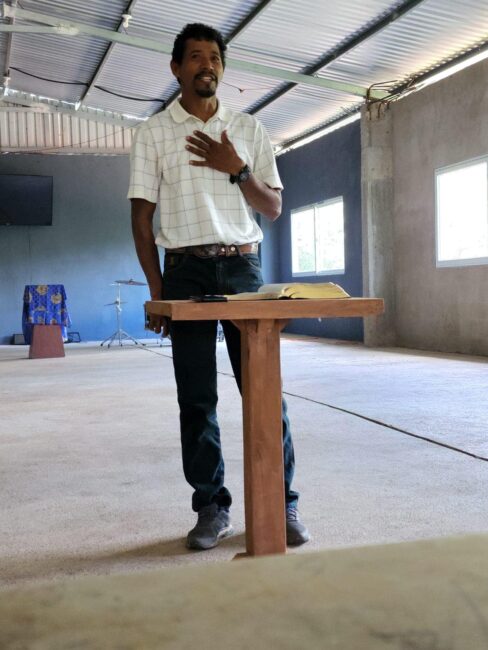 Cayetano and his wife, Vilma, walked through the assessment process with honesty and humility. Through their storytelling and real-life examples, they proved their knowledge of the Bible and their love for people. Cayetano’s preaching was more focused on Scripture than many applicants we’ve evaluated that have formal seminary training.
Cayetano and his wife, Vilma, walked through the assessment process with honesty and humility. Through their storytelling and real-life examples, they proved their knowledge of the Bible and their love for people. Cayetano’s preaching was more focused on Scripture than many applicants we’ve evaluated that have formal seminary training.
Neither Cayetano nor Vilma finished primary school, yet they handled the Word of God with ease and explained theological concepts with great clarity. They are the definition of practical theology. Church planting is not reserved for the elite—it’s for all who love God deeply and wish to make him known throughout the world.
What a blessing it is to witness what God is doing in rural places! Despite the lack of technology and opportunity for education, the kingdom advances. In a rural village in Guatemala, Christ is being exalted, the Bible is being preached, and the church is growing. It wasn’t an easy or quick feat. Mitch spent years discipling Cayetano, but that long-term commitment to discipleship paid off in a God-glorifying way.
Build a Gospel Legacy That Lasts
Brothers and sisters, do not lose heart. The path of discipleship seems impossible at times, as if your gospel work in the lives of others will never make a difference. But God is faithful, and when our work is rendered unto him, it is never in vain. We continue investing in the lives of others so that, “the man of God may be complete, equipped for every good work” (2 Tim. 3:17). Discipleship is a marathon, not a sprint. When planting churches—especially in rural settings—remember to be patient, persevere, and take it one conversation at a time.
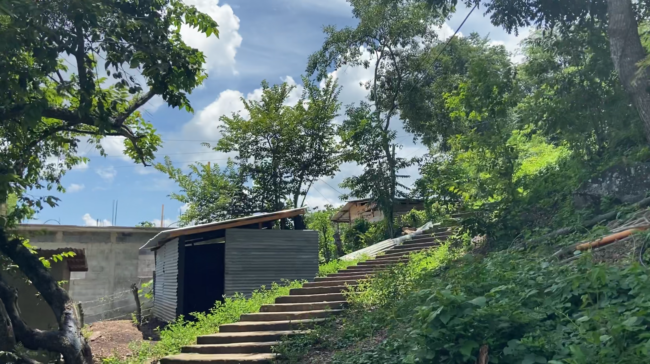
We’re looking forward to what God is doing through his church in Guatemala and in other rural places around the world. Many families on the mountain of Los Chilitos now carry a gospel legacy that will last for generations to come. This is church planting in Acts 29—we invest in planters and their families so they can extend that investment to the communities they serve. May we continue to pray and support those serving in rural areas as they seek to share the light of Jesus in their communities.
If you want to support our work in Acts 29 Latin America, please let us know by writing to americalatina@www.acts29.com or giving directly to the mission of Acts 29.





